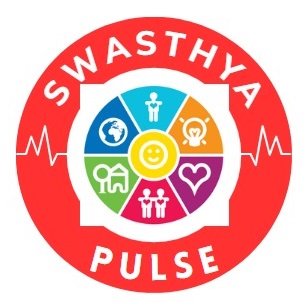Cancerous growth in esophagus leads to esophageal cancer. Such growth occurs in the inner lining of the organ. The primary cause of such type of cancer is mutation of the DNA in esophageal cells. But there are certain risk factors which increases the probability of getting such disease. Treatment procedure mainly depends on the stage of tumour (severity of tumour). The small tumour can be successfully removed by surgery. In later stages, surgical removal of esophagus is recommended. Apart from these, chemotherapy and radiation therapy are the two main options for the treatment of esophageal cancer.
Causes
According to Dr. J.B. Sharma, Senior Consultant, Medical Oncology, Delhi based Action Cancer Hospital, ‘Esophageal cancer occurs when cells in the oesophagus develop mutations in their DNA, making the cells grow and divide out of control. While the exact causes of esophageal cancer are not known, certain factors such as drinking alcohol and very hot liquids, obesity, smoking, radiation therapy to chest or upper abdomen and low fruit/vegetable intake can exacerbate the risk of developing esophageal cancer.’
Risk Factors
Apart from the above listed factors, there are certain medical conditions that also raise the risk factor for esophageal cancer. These are –
- Bile reflux/gastro-esophageal reflux
- Achalasia (difficulty in swallowing due to restricted sphincter)
- Barrett’s oesophagus (precancerous changes in the esophageal cells)
Symptoms
Some of the common symptoms of esophageal cancer are –
- Difficulty in swallowing
- Indigestion
- Weight loss
- Chest pain
- Cough


